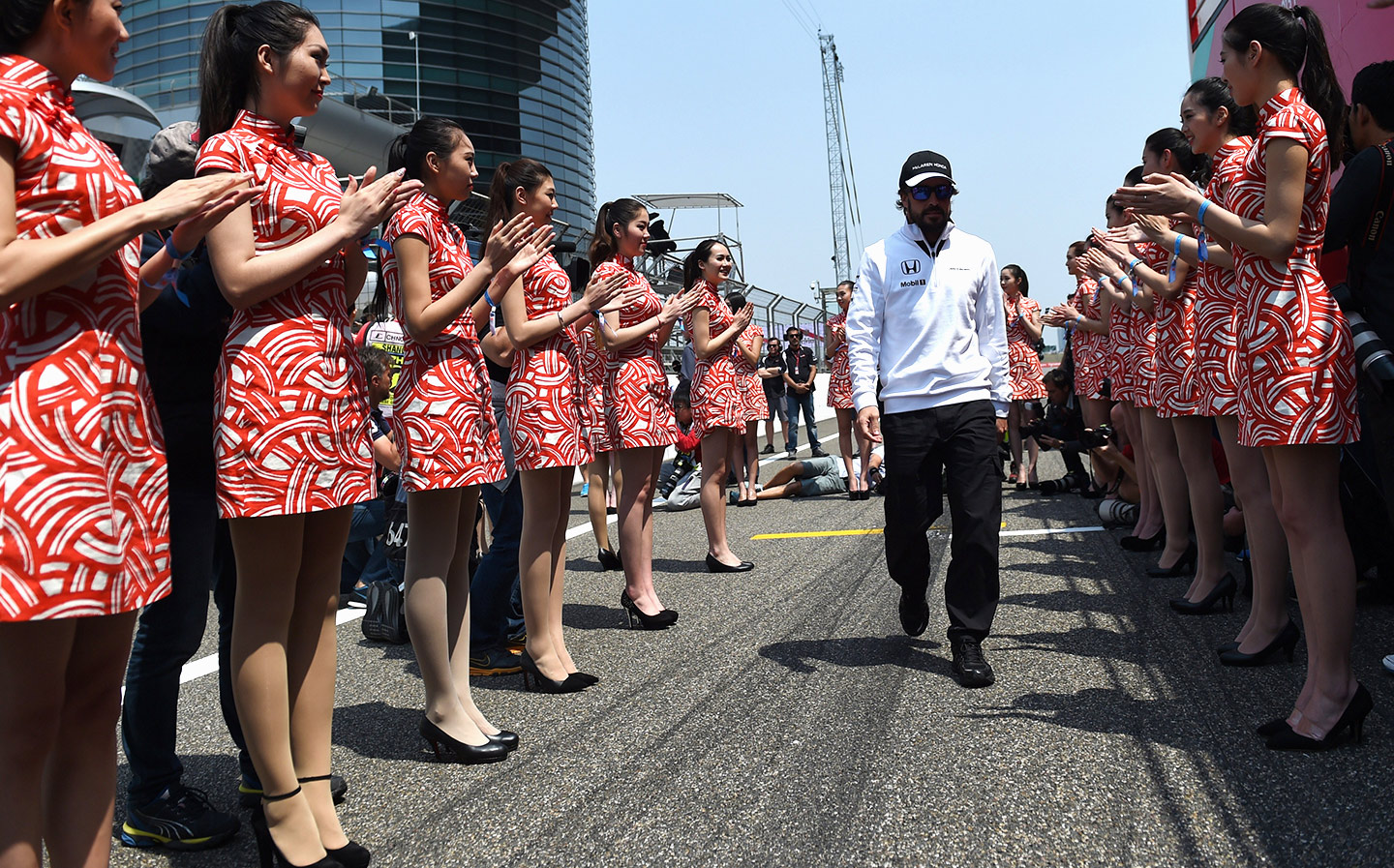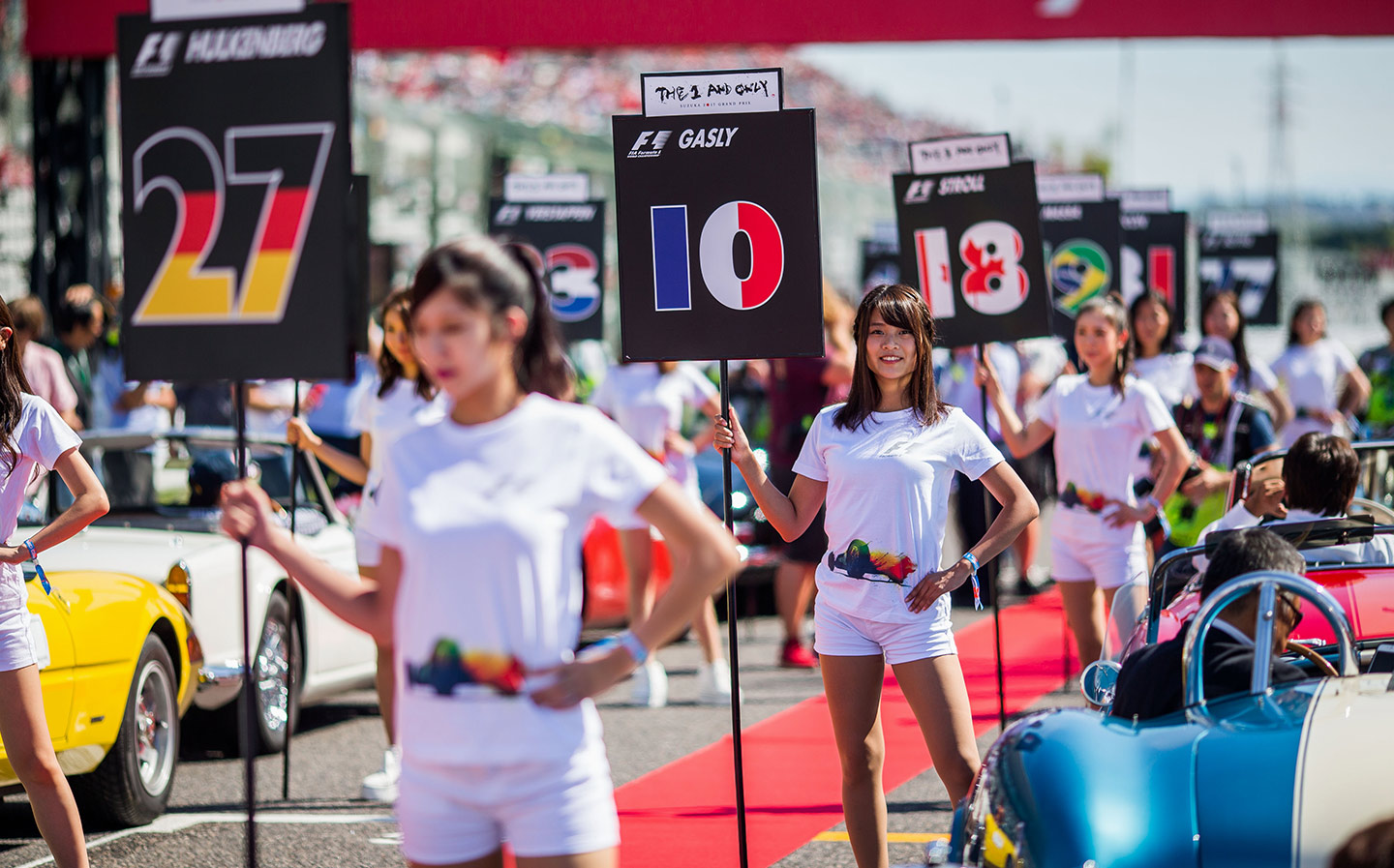Grid girls scrapped from Formula One
Practice "not appropriate or relevant"
“GRID girls” have been scrapped from Formula One, the sport’s organisers have said. The ban takes effect from first race of the new season, the Australian Grand Prix on March 26.
The role, which dates back to the 1960s and almost exclusively employs women, traditionally involves the carrying of standards (or banners) showing the drivers’ race numbers to their respective grid positions. In F1, they also line the route that the top three drivers take as they head to the podium at the end of a race.
In recent years, some grid girls have also had wider hospitality responsibilities within teams.
Browse NEW or USED cars for sale
However, the practice of using grid girls has come under fire from activists who believe it is outdated and belittling to women. Those defending the role of grid girl argue among other things that taking the job is a matter of choice.
Sean Bratches, managing director of F1’s commercial operations, said: “Over the last year we have looked at a number of areas which we felt needed updating so as to be more in tune with our vision for this great sport.
“While the practice of employing grid girls has been a staple of Formula 1 Grands Prix for decades, we feel this custom does not resonate with our brand values and clearly is at odds with modern day societal norms.
“We don’t believe the practice is appropriate or relevant to Formula 1 and its fans, old and new, across the world.”

Spanish driver Fernando Alonso walks to the driver parade ahead of the 2015 F1 Chinese Grand Prix in Shanghai.
According to the Sky News report, the FIA, motor sport’s governing body, said the changes would apply to other events it organises during Grand Prix weekends.
The sport said it still considers the time drivers and team members spent on the grid before a race should be one of “celebration, where guests and various performers can add to the glamour” but added that the aim now was that “promoters and partners” should “showcase their countries and products”.
The organisers of some of Darts biggest tournaments, the Professional Darts Corporation, also recently decided to stop using walk-on girls.





